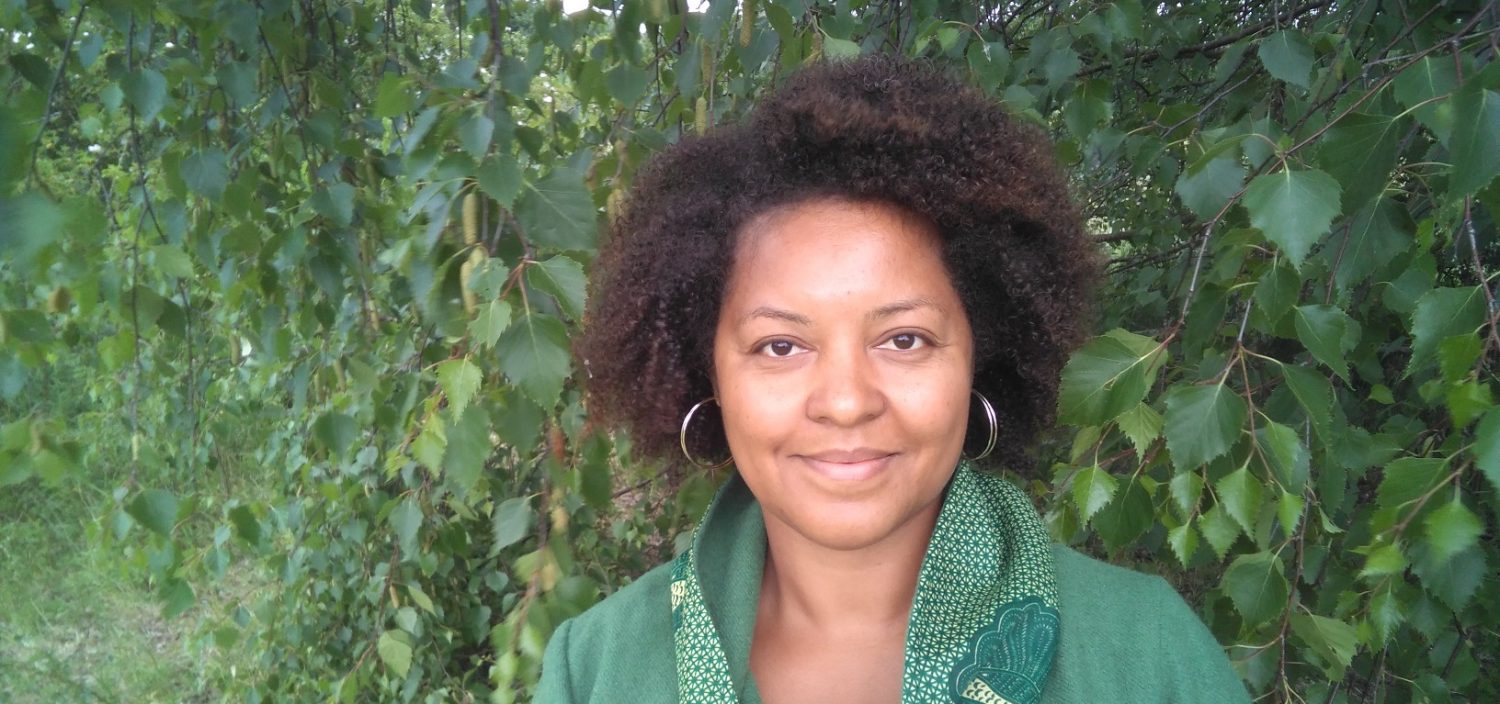Not My Green Space? White Attitudes to Black Presence in Green Spaces. An Auto-Ethnography is a Chapter published within Plüschke-Altof, Sooväli-Sepping (Eds.) (2022) Whose Green City? Contested Urban Green Spaces and Environmental Justice in Northern Europe, Springer
Abstract
People of colour are often closely connected to nature in countries of heritage, but a disconnect occurs in the west. There is wide recognition in the environmental field and culturally amongst Black and Asian communities, that we are less present in nature in the UK than white people. As a consequence, people of colour miss out on the pleasures, health benefits and are less involved in conserving nature. People of colour are more likely to live in urban areas with a deficiency of access to nature and are disproportionately affected by environmental conditions which harm health. The chapter presents ethnographic research based on participant observation and reflective groups conducted in London between 2016 and 2019; exploring narratives within Black communities and the environmental sector about who does and doesn’t belong in nature, with consideration of the historical experiences which influenced these messages, and their legacies. The ethnography discusses themes within the overt and covert contestation of access and belonging in urban green spaces; with a focus on the less studied attitudes of white people towards Black presence. The predominantly white middle class environmental sector has traditionally taken the view that people of colour are not interested in nature or that it isn’t within the culture. The chapter will argue that there is a need to reframe the issue to consider the impact of attitudes about Black people in nature within the environmental field and amongst the wider public, including the impact of racism and othering in creating an emotional border which has served to keep people away and emphasises a sense of not belonging.
